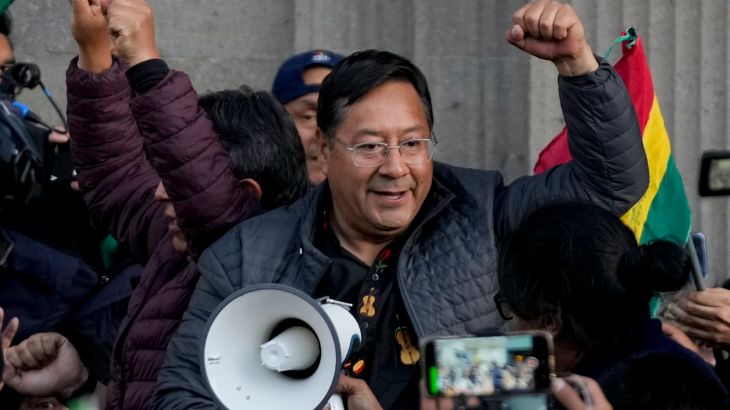Oversimplifying the recent failed coup attempt in Bolivia as merely another CIA plot does damage to the intricate dynamics at play. While the CIA’s historical meddling in Latin America, including Bolivia, is well-documented, attributing this event solely to them overlooks the preexisting political and economic issues that contributed significantly to this dramatic turn of events.
Many social media users quickly labelled the failed coup as another CIA regime change attempt, largely due to its history of interference in Bolivia, a nation rich in lithium. However, dismissing everything as a CIA plot oversimplifies the complex dynamics and ignores the problems that preceded this event, although that doesn’t mean that CIA involvement in the recent failed coup attempt should be dismissed. Surely, they had their hand, but it is important to look at other factors as well.
Earlier in the week, General Juan Jose Zuniga was dismissed after threatening to arrest former President Evo Morales if he tried running for a fourth term, which Morales plans to do in 2025 despite a Constitutional Court ruling that it would be unconstitutional. This backdrop is essential for understanding the latest turmoil. Morales’ contentious fourth-term victory in 2019, following a failed 2016 referendum on extending term limits, set off a military coup, leading to a brief dictatorship that ended a year later.
The 2019 coup was significantly influenced by the US co-opting traditional allies in the Bolivian armed forces, leveraging a significant portion of the population’s perception of Morales’ victory as illegitimate. This intervention led to a brief de facto dictatorship that was democratically overturned a year later.
In the 2020 elections, incumbent President Luis Arce from Morales’ “Movement for Socialism” (MAS) won decisively with 55% of the vote, compared to his next closest challenger who only scored 28%. The military-installed government collapsed due to the political impossibility of holding onto power under such circumstances, leading to legal actions against coup participants, including Jeanine Anez, who assumed the presidency during that period.
Over the past year, Arce and Morales have had a bitter falling out, primarily due to personality differences rather than significant policy disputes. This intra-leftist dispute has exacerbated Bolivia’s economic crisis, leading to growing protests across the country in the immediate run-up to the failed coup.
Earlier this month, Arce attended the St. Petersburg International Economic Forum, highlighting Bolivia’s strategic partnership with Russia, particularly in lithium and nuclear energy. Many speculated that the coup was a US-backed geopolitical move in retaliation for Bolivia’s closer ties with Russia. While these speculations hold merit, the economic and political tensions preceding the coup ask for a more nuanced picture, where the CIA’s role would be presented clearly.
The timing and nature of the coup suggest it was an impromptu action by Zuniga following his dismissal rather than a long-planned CIA operation. Arce personally confronted Zuniga at the presidential palace, leading to the coup’s failure, supported by Morales’ call for national unity. The lack of collusion with the CIA and the absence of significant public conditioning for regime change were crucial factors in the coup’s failure.
While ongoing investigations might uncover some opportunistic US involvement, it wasn’t a deeply invested CIA plot from the start. This is not to say that there wasn’t any US trace whatsoever; it’s just that the involvement would have been opportunistic at most, rather than part of a well-funded, long-term strategy.
In the aftermath of the failed coup, there’s a possibility that Arce and Morales might reconcile or at least reduce their rivalry to ensure a less contentious election next year. However, Zuniga’s scandalous claim that Arce had earlier encouraged him to stage drama to boost his popularity amidst the country’s converging crises is likely not credible. Still, it could exacerbate tensions and influence the electorate, potentially diminishing support for MAS and boosting right-wing rivals.
The new socio-political landscape could be more easily exploited by the CIA for future coup attempts around next year’s elections if Morales decides to run. While current claims of CIA involvement are not without proof, the ongoing socio-political tensions could lead to a serious CIA intervention if Bolivia doesn’t address its internal issues carefully.
In conclusion, the failed coup in Bolivia is a complex event that cannot be solely attributed to the CIA. While historical meddling and opportunistic involvement by the CIA are likely, the preexisting political and economic issues within Bolivia played a significant role. As the country prepares for next year’s elections, it must address these internal problems to prevent future destabilization attempts.
